Building Love Maps
Valentine’s Day can be a great reminder for couples to take a break from their busy schedules to “check-in” with their partner and also to re-connect!
One of my favorite activities to recommend is based on John Gottman’s Sound Relationship House and is called “Building Love Maps.” The principle of “Building Love Maps” is that knowing the little things about your partner’s life helps create a strong foundation for your friendship and intimacy – not just sexual intimacy, but emotional, spiritual, intellectual, physical, and experiential intimacy. Research shows that couples who are familiar with one another’s inner worlds are better able to provide support in times of worry, comfort when their partner needs it the most, and acknowledge the importance of their partner’s goals, dreams, and fears.
The more you know about your partner, the richer your love map is. The easiest time to build love maps is at the beginning of a relationship. New or potential partners are naturally more curious about one another early on because the goal is ultimately to determine interest and compatibility. It’s important to update your love maps, as people and relationships continuously grow and change. When you take the time to update your love maps, you are sending a message to your partner that you still love and care and are still willing and want to fulfill your partner’s needs.
There are many different ways to build love maps. The Gottman Institute is a wonderful resource for clients who are not sure what types of questions to ask. Find some love map examples here: https://www.gottman.com/blog/the-sound-relationship-house-build-love-maps/. I also recommend you download an app called “Gottman Card Deck.” The app has multiple card decks covering different and fun topics like spiritual connection and sex.
I highly encourage couples use love map questions to foster a greater sense of curiosity about one another. Don’t just ask the question, explore it! For example, if the question is “what is my favorite childhood restaurant,” get curious about where it is located, what it looks like, who your partner visited the restaurant with, what kind of memories are associated to visiting, etc.
You can also get creative with how or when you build love maps. The best thing about this activity is that it can be done virtually anytime and anywhere! Perhaps you set aside one time a week, or you choose to ask one another a question at bedtime. The key is that you be present with your partner, reflect on their experience, validate it, and remember it.
TIPS ON HOW TO BE PRESENT:
Stop multi-tasking! If your partner is talking, stop whatever else you’re doing to listen. Try to sit facing one another, while holding hands and making eye contact.
Try dulling or heightening various senses. For example, many clients have an easier time hearing their partners words and the underlying implication or message when their eyes are closed. Others are better able to concentrate when they heighten touch senses, such as holding both their partner’s hands or cupping one of their partner’s hands in their own.
TIPS ON HOW TO REFLECT:
Reflective listening involves two key steps: (1) seeking to understand your partner's idea, and (2) offering it back to confirm the idea has been understood correctly. Reflective listening is also useful in that it provides partners with an opportunity to correct misunderstood messages.
Keep reflecting until your partner agrees you’ve heard them correctly.
Keep the focus on your partner. This can be difficult, but the key is to help your partner feel heard and understood – it’s not about how you feel or think about their experience.
TIPS ON HOW TO VALIDATE:
Validation is different than problem-solving, and it does not mean you agree with your partner. Validation is a way for you to express genuineness, empathy, and understanding toward your partner.
Example: “That makes sense because…” or “I can see how you might think or feel…” or “That must have been really [painful, exhilarating, etc.] …”
TIPS ON HOW TO REMEMBER:
Continuously exercise the above skills of being present, reflecting, and validating your partner.
—
Written by Anna Trujillo, MFT Student Therapist

